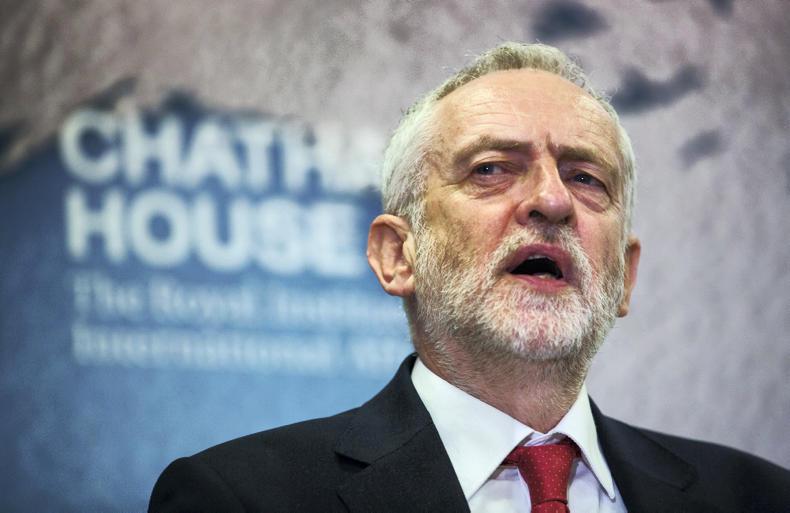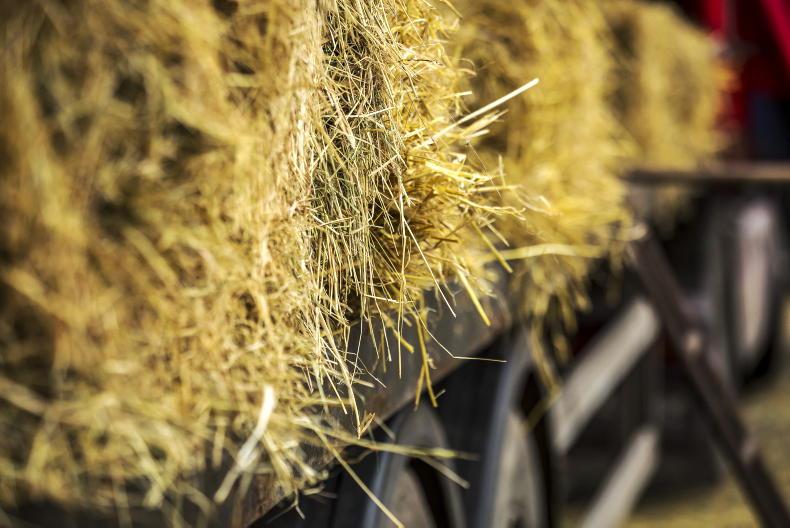After yesterday’s marathon cabinet session, it looks like British prime minister Theresa May is taking the approach many would have recommended a long time ago.
With her party, the opposition party and indeed the country divided on leaving the EU, it was never going to be an issue resolved on divided party lines alone. Leaving the EU at all is a marginal decision and, among those who believe in Brexit, there is a multitude of opinions on what type of future relationship the UK should have with the EU.
There is no doubt the EU would want the UK to exit in an orderly way and maintain a close future trading relationship, but this will not be at any price
In deciding the relationship, a trade-off has to take place between autonomy for the UK doing whatever it likes and having access to the benefits of the EU. For farmers on the island of Ireland, and indeed Britain, being part of a customs union with the EU 27 makes sense in that it creates a tariff wall that protects the value of Irish and UK agricultural produce. For the UK this is most evident in sheepmeat, where they are dependent on the EU 27. For Ireland it is beef that benefits, being the import of choice for the UK, who have a deficit of the product.
Trade-off
By taking the course of action she has, with full engagement with the opposition Labour Party, the prime minister has seemingly accepted that she cannot achieve the type of Brexit she wanted with her own party and the now fractured alliance with the Northern Ireland DUP MPs. However, she now has a very short time to put together a credible plan that will persuade the EU that she has something she can deliver that fits within the EU rules. There is no doubt the EU would want the UK to exit in an orderly way and maintain a close future trading relationship, but this will not be at any price.
Border issue
As the risk of a no-deal Brexit increases, the EU has been focusing on how to maintain the integrity of the single market, which in plain English means how to manage the Irish border post-Brexit. Anything that reduces or ideally eliminates the need for this to happen is likely to get serious consideration in Brussels, especially if the prime minister finally looks like she is presenting something that can get the UK parliament’s approval.
Farmer benefit
So where does that leave farmers in Ireland, who are already selling beef cattle at a loss, or farmers in the North dependent on southern buyers for half their lambs? Will the cross-border trade in milk and pigs now be able to continue as before? These are the questions farmers need answered. We are certain a no-deal Brexit would create chaos, so anything that improves on a no-deal will be welcome. The closer to the status quo the better.
Farmers can only hope that Theresa May can achieve with Jeremy Corbyn what she couldn’t with her own party and deliver an orderly Brexit.









SHARING OPTIONS